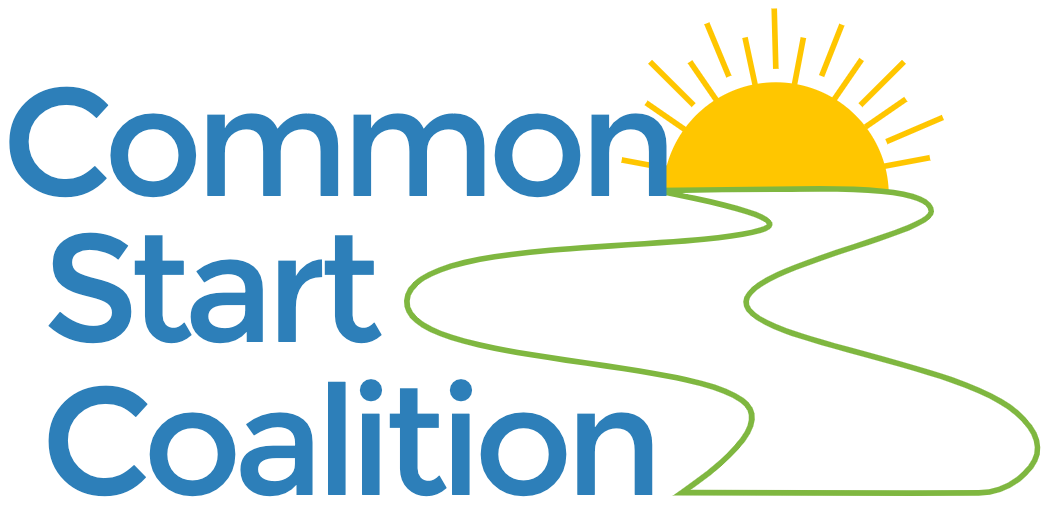Advocates urge legislators to establish early education, child care system – Boston Globe
By Stephanie Ebbert
A Littleton mother said that her yearly child-care bill for two children was $47,000 — for only four days a week. A college professor said her early education students routinely switch majors or seek jobs in public schools after learning how little they will earn in child care. And the chief executive officer of a construction company said she became “chief child-care coordinator” during the pandemic, helping her employees cobble together care near their homes and even opening her company’s doors to their children.
The wide range of speakers who testified before Beacon Hill lawmakers Tuesday were united in their support for legislation called “Common Start,” which would limit what families have to pay for child care and boost the low wages of child-care employees. Supporters say the measure would help more women rejoin the labor market after leaving their jobs to care for their children during the pandemic…
The legislation would, for the first time, treat early education as a common good and pay for it with public funds, like K-12 public schools. That would require a massive infusion of taxpayer funds that the bill does not provide, but proponents hope that a federal spending package could supply instead.
The US House of Representatives on Friday passed a $2.2 trillion social policy and climate change package that would lavish child-care aid on states. Though its passage is very uncertain in the Senate, the Build Back Better legislation could deliver Massachusetts some $1.3 billion in child-care funds, according to Mark Reilly, vice president of policy and government relations at Jumpstart for Young Children, a national organization that works to improve early education.
“You may be wondering: If Congress passes the Build Back Better bill, do we really need the Common Start bill?” Reilly said at the hearing. He said yes because the state measure provides a specific framework for a revamped early education system, which would rely on federal funds.
“Rather than be unprepared for the arrival of billions over the next few years without a clear plan, let’s adopt the policy framework of Common Start now so we can be thoughtful stewards of these resources and hit the ground running,” he said.
